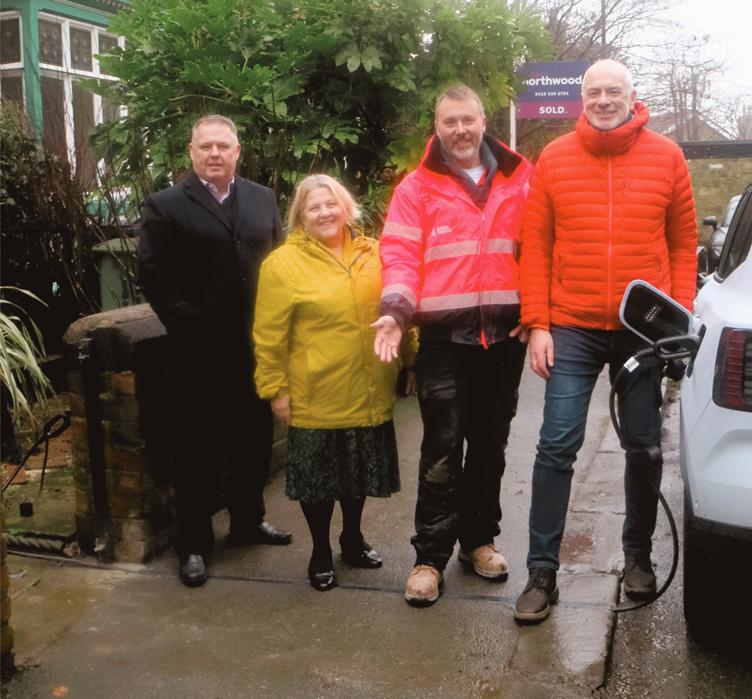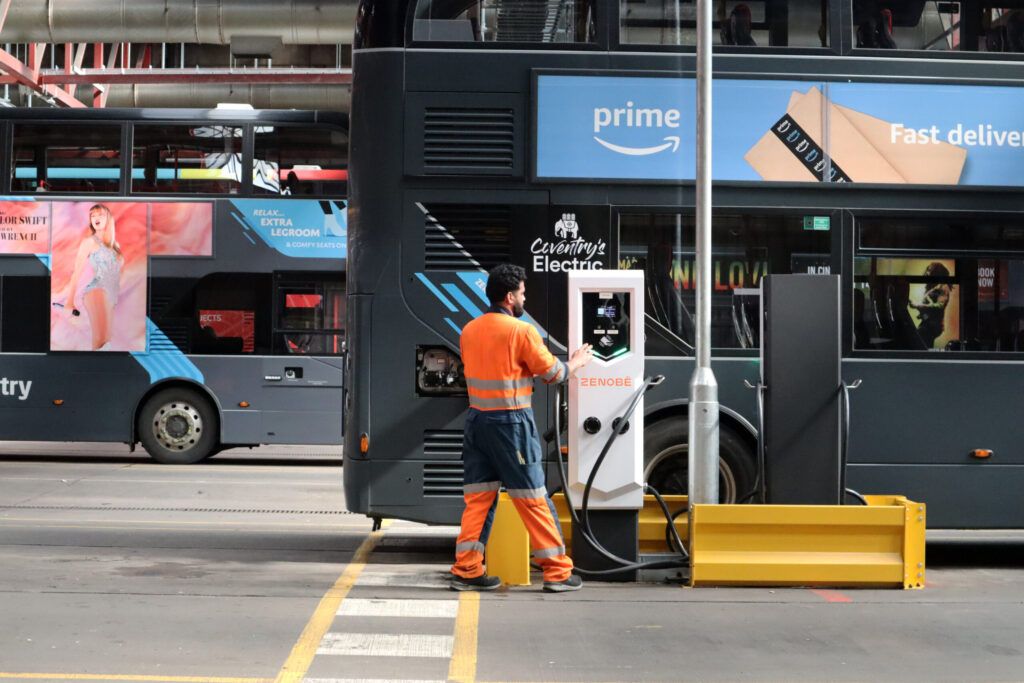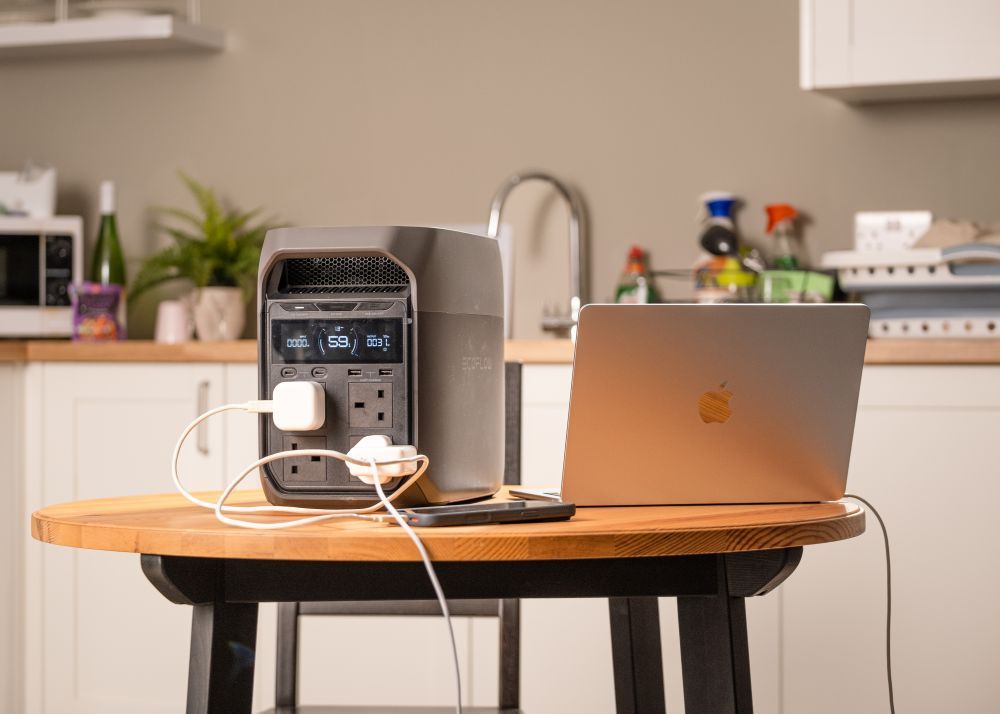Air pollution is a public health issues that cannot be ignored, according to the findings from a roundtable during London Climate Action Week.
The event from the Swedish Embassy, the Swedish Chamber of Commerce and Volvo CE gathered industry players, policy leaders and air quality advocates to address the urgent need to accelerate the shift to zero-emission construction equipment.
Diesel compact machines, prevalent in cities, are a major contributor to the critical public health issue of air pollution yet are often exempt from low emission zone regulations, it found.
Collaboration is essential to ensure that the potential for zero-emission alternatives to significantly improve urban environments is not ignored. Stakeholders across the value chain gathered to share best practice and break down barriers to drive the urgently-needed shift to emission-free construction.
With construction now a dominant source of black carbon emissions in London – exceeding cars for the first time – there is an “urgent need for bold leadership to drive change”, it said.
In London alone, the approximate 5,000 diesel compact excavators at work today emit as much harmful pollutants – of NOx (nitric oxide and nitrogen dioxide) and PM (particulate matter) – as over 100,000 diesel cars. However, these machines currently fall outside Ultra Low Emission Zone (ULEZ) restrictions.
Transitioning to electric-powered construction equipment would significantly reduce air and noise pollution. These machines – which produce zero tailpipe emissions and less vibrations, energy loss, and noise – offer undeniable benefits for densely populated areas, increasing the health and wellbeing of everyone around.
The roundtable also highlighted the results of an almost 12-week trial by Volvo CE, Transport for London (TfL) and contractor FM Conway, in which diesel machines were replaced by three zero-emission electric construction machines.
Because these electric alternatives produce zero NOx and PM emissions, the findings revealed that the trial had therefore removed nearly 8kg of NOx and NHMC (non-methane hydrocarbons) emissions from the streets.
The roundtable concluded with an urgent call to action for cities around the world to break down barriers, open collaboration and develop similar initiatives.
Mete Coban MBE, Deputy Mayor for Environment and Energy, said:
“Clean air is a matter of social justice, which is why the Mayor and I are doing everything we can to reduce toxic air pollution in our city. Reducing emissions from construction equipment is a key way we can clean up our air, and the Mayor has already taken firm action by introducing the Non-Road Mobile Machinery Low Emission Zone and tightening standards, ahead of all construction equipment in London needing to be zero-emission by 2040.
“By bringing industry leaders and partners together this London Climate Action Week, we can continue to collaborate on innovative solutions that improve our air quality and environment as we work to build a greener, healthier London for everyone.”
Rosamund Adoo-Kissi-Debrah CBE, Founder, Director, and Trustee of Ella Roberta Foundation, said:
“We owe it to future generations to treat air pollution as the public health emergency it is. Meeting the WHO’s minimum standards must be the starting point — and I hope Ella’s Law remains front of mind as we work towards making the right to clean air a reality for all.”
Thomas Bitter, Head of the Compact Business Unit at Volvo CE, noted:
“Cities like London are making great progress to improve air quality. But ignoring construction equipment in low emission policies misses a key health opportunity. Zero-emission solutions exist, but adoption is too slow. We need full value chain collaboration to break down barriers to change and speed up the shift to emission-free construction that is so essential for urban health.”
Fredrik Warneryd, CEO of the Swedish Chamber of Commerce for the UK (SCC UK), said:
“At SCC UK, our purpose has always been to foster connections that spark innovation and drive positive growth. By helping to bring together the right partners, we are proud to support Swedish solutions addressing global challenges. Volvo CE’s leadership in advancing sustainable solutions and clean air sets a powerful example for the industry and beyond. It is through partnerships like these that we can drive meaningful progress together.”
Image of Mete Coban MBE, Deputy Mayor of London (centre) with Thomas Bitter, Head of the Compact Business Unit at Volvo CE (left) and His Excellency the Swedish Ambassador to the United Kingdom, Stefan Gullgren (right). Photo: Radski Photography












